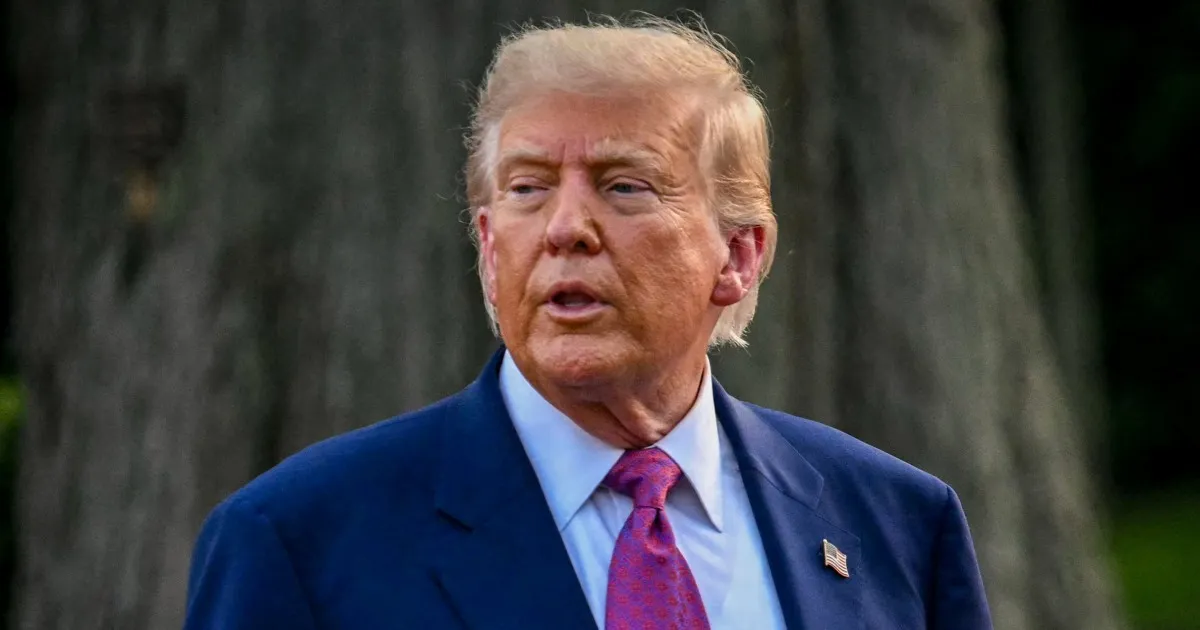
On Thursday, President Donald Trump chose not to formally recognize Juneteenth, a significant day marking the end of slavery in the United States. Instead, he voiced concerns over what he perceives as an excess of non-working holidays, arguing that these celebrations are costing the country billions of dollars. This decision stood in stark contrast to his predecessor, Joe Biden, who celebrated the occasion at a Black church in Texas, highlighting the differing approaches to this historic event.
In a post on Truth Social, Trump expressed his frustration with the number of non-working holidays in America, stating, "Too many non-working holidays in America. It is costing our Country $BILLIONS OF DOLLARS to keep all of these businesses closed." Although he did not specifically mention Juneteenth in his remarks, the context was clear. Earlier in the day, White House press secretary Karoline Leavitt confirmed that Trump had no plans to issue a Juneteenth proclamation, emphasizing that it was considered a normal working day.
In contrast, President Biden received a warm welcome at Reedy Chapel AME Church in Galveston, Texas, where he delivered a powerful speech that addressed the importance of remembering history. During his remarks, Biden criticized those who seek to erase America’s past, stating, “Some say ... it doesn't deserve to be a federal holiday. They don't want to remember.” His comments underscored the significance of Juneteenth, particularly after he signed legislation in 2021 that recognized the day as a federal holiday, following the racial justice protests triggered by the tragic death of George Floyd.
Juneteenth commemorates the moment in 1865 when Union troops arrived in Texas to enforce the end of slavery, marking a pivotal turning point in American history. Biden's remarks not only celebrated this important anniversary but also highlighted the ongoing struggle for racial justice and equality. Furthermore, he took the opportunity to criticize the Trump administration’s previous attempts to rename military bases that had been named after Confederate leaders. Trump has expressed a desire to restore the original names of these bases, reflecting the differing perspectives on how history should be remembered and honored.
This year's Juneteenth celebration showcased the contrasting philosophies between Trump and Biden regarding America's historical narrative and the significance of acknowledging its past. While Biden's approach emphasizes remembrance and celebration of progress, Trump's focus on economic implications reveals a broader debate about the value of recognizing historical events in modern America. As the nation continues to grapple with its history, the discussions surrounding Juneteenth will undoubtedly play a crucial role in shaping the future of racial justice and equality in the United States.